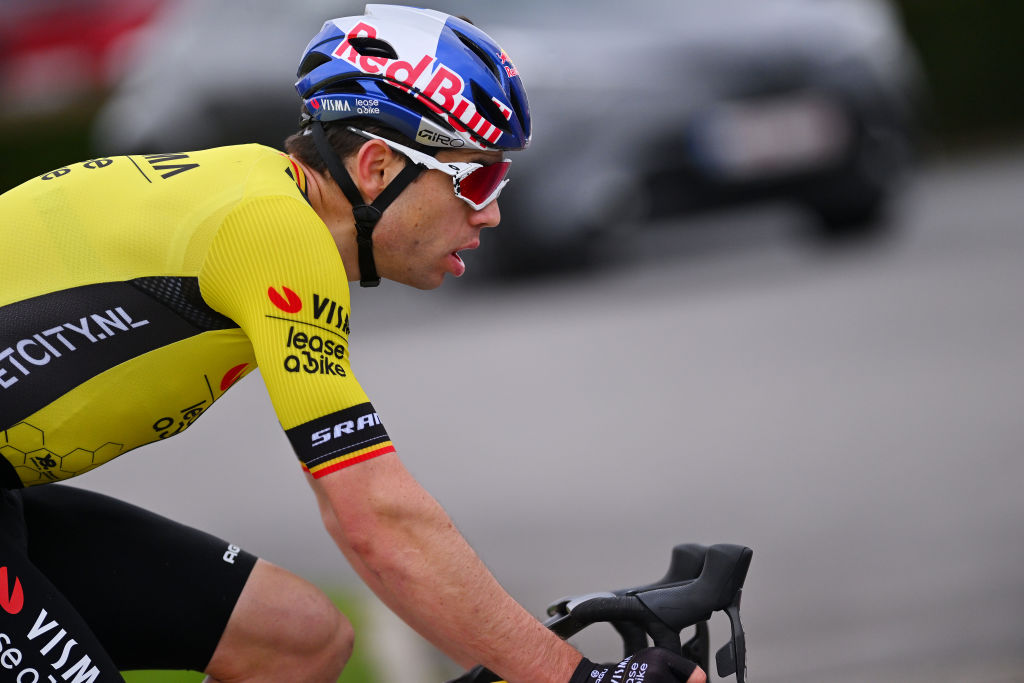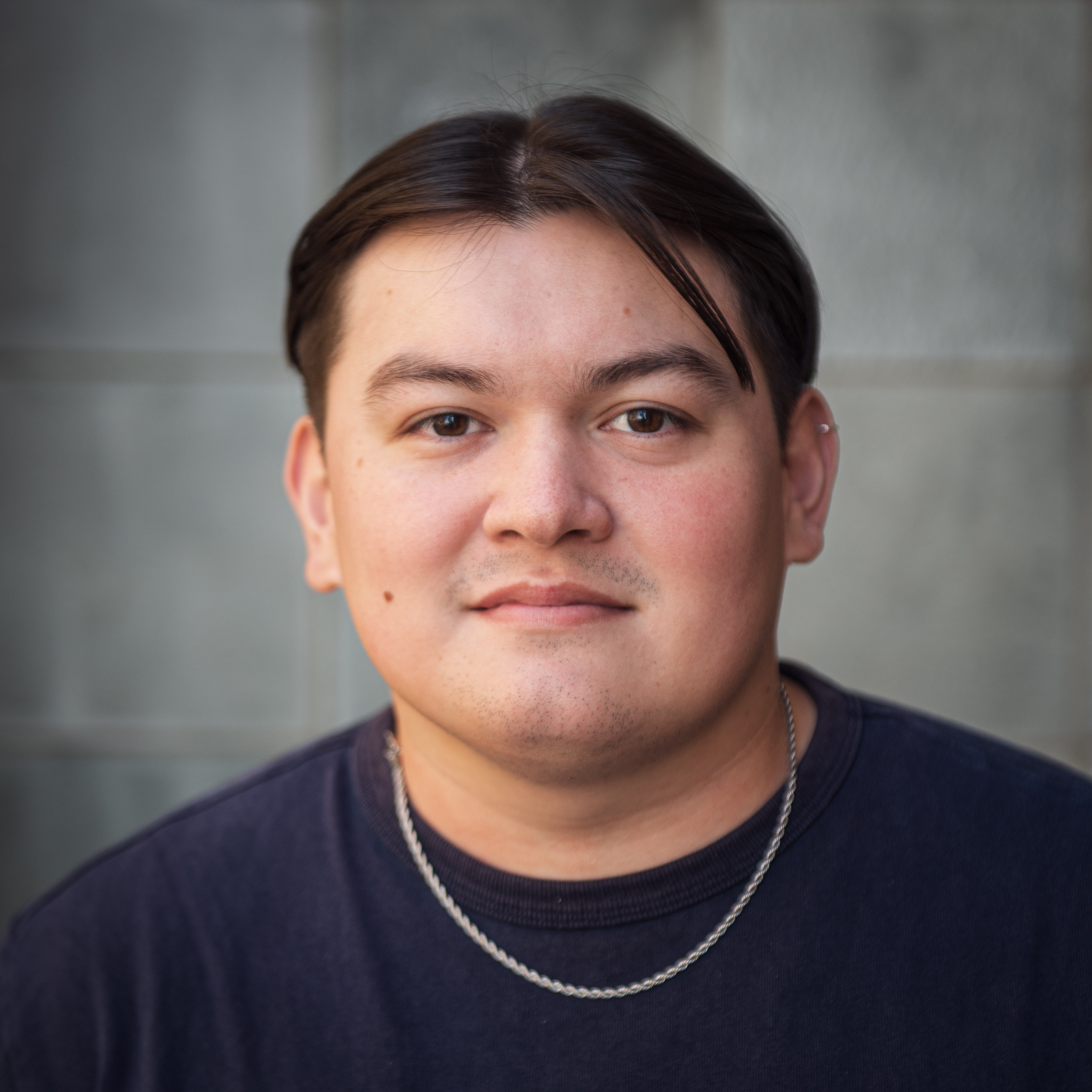Wout van Aert opts for 22-day altitude camp in search of Flanders and Paris-Roubaix peak
Belgian will miss Strade Bianche and Milan-San Remo in radical change to traditional race plans

Wout van Aert has confirmed he will take a different approach to the Classics in 2024, opting for a three-week altitude camp before his next appearance at E3 Saxo Classic on March 22, so he can peak for Tour of Flanders and Paris-Roubaix.
The Belgian is opting for a lengthy altitude camp instead of racing at Strade Bianche, Milan-San Remo, Paris-Nice or Tirreno-Adriatico. He is confident the thin air and hard training will be the key to scoring his second Monument.
Van Aert made an impressive start to the season with a dominant display at Opening Weekend, taking third at Omloop Het Nieuwsblad and then winning in Kuurne-Brussel-Buurne, but is willing to sacrifice potential success in the two Italian Spring Classics in pursuit of capturing either of Roubaix or Flanders.
“The peloton gets stronger every year. So every year you have to be better than the year before to compete for the prizes,” said Van Aert to HLN after his success at the weekend.
“Always staying in the comfort zone is the easiest thing, but the reality is that I haven't won the Ronde and Roubaix yet.
“That may not always have had to do with myself, but I did have the feeling that I could be even better during those two weekends than was the case in previous years.”
Van Aert is travelling today to Tenerife to train at 2.315 metres above sea level on Mount Teide alongside Omloop Het Nieuwsblad winner Jan Tratnik, Per Strand Hagenes and key domestique for the Classics - Tiesj Benoot.
Get The Leadout Newsletter
The latest race content, interviews, features, reviews and expert buying guides, direct to your inbox!
“Call it a small calculated risk. Thinking a bit out of the box,” said Benoot to the Flemish newspaper.
“If you go on an altitude training camp in February, you will return very well for the opening weekend and Strade Bianche, but the Tour of Flanders will follow more than a month later.
“By then, the effect of that altitude stimulus in February will still be minimal. I firmly believe in this approach, but you have to sacrifice other courses for something you are not actually sure about because it is a step into the unknown, no matter how logical it sounds.”
It’s the first time since 2017, when he was still on ProTeam Vérandas Willems-Crelan, that Van Aert won’t race either Strade Bianche or Milan-San Remo.
The decision to skip them has been made easier by the fact that he won both races in 2020 when he made a flying start to his second season with the then-Jumbo-Visma team. He’ll watch on slightly hurt to not be on the start line but addressed that the bigger goals are more important.
“On the days of San Remo and Strade Bianche, it will be painful to watch those races on television after our training. Fortunately, I already have both great races under my belt,” Van Aert said.
“I am confident that this is the right way to gain that last per cent and achieve our goals.”
A Monument was the only thing missing from what was a near-perfect season at Jumbo-Visma in 2023, with the Dutch team dominating the pre-Flanders and Roubaix cobbled races before winning all three Grand Tours with different riders.
This decision by Van Aert, Visma-Lease a Bike and new coach Mathieu Heijboer - who will also travel to Tenerife with a number of staff alongside the group of riders - continues the theme of changing the Belgian’s approach to ensure his best form is reached on the biggest cobbled days.
His cyclocross season was heavily reduced without an appearance at worlds where close rival Mathieu van der Poel took his sixth rainbow jersey in the discipline.
For the past three seasons, he’s also raced either Paris-Nice or Tirreno-Adriatico, but that won’t continue in 2024 as he goes all in for Flanders and Roubaix.
“I always considered Tirreno-Adriatico and Paris-Nice as preparation races, but actually they are too tough races to see them purely as preparation. So it is only an advantage not to race there now,” said Van Aert.
“In the old classical cycling, you needed the fatigue of Tirreno-Adriatico or Paris-Nice to be really good, but with the current science and training approach that is no longer a requirement,” Benoot said.

James Moultrie is a gold-standard NCTJ journalist who joined Cyclingnews as a News Writer in 2023 after originally contributing as a freelancer for eight months, during which time he also wrote for Eurosport, Rouleur and Cycling Weekly. Prior to joining the team he reported on races such as Paris-Roubaix and the Giro d’Italia Donne for Eurosport and has interviewed some of the sport’s top riders in Chloé Dygert, Lizzie Deignan and Wout van Aert. Outside of cycling, he spends the majority of his time watching other sports – rugby, football, cricket, and American Football to name a few.